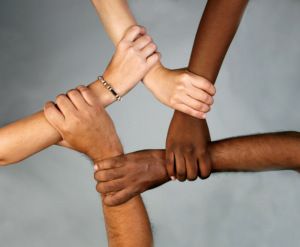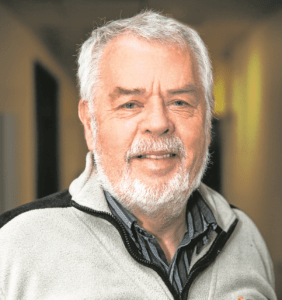Opinion
This Week’s Editorial: What have we learnt?
Ejvind Sandal
This article is more than 5 years old.

(photo: Flickr/Wonder woman0731)
Our summer holidays have given us a chance to reflect on six months of the coronavirus turning everything upside-down. Slowly we are taking new knowledge in.
Summer of discovery
Denmark is a wonderful holiday destination. We have really rediscovered the charm of a country – both the cities and the countryside along with the longest coastline per square kilometre in Europe – so small that there are few destinations that we can’t reach by lunchtime, enjoy and then return home by nightfall.
Even with very few foreign tourists visiting, we learned that hotels were fully booked and that summer cabins were commanding record prices. Meanwhile, the government made ferries free for cyclists and pedestrians to the extent that some islanders, in between the chimes of the cash register, claimed they were overrun.
Even the weather behaved: June was fine, July was cold and August wonderful. We learned that life was good after all.
Invaluable lessons
We experienced a massive lockdown and the virus was controlled. We learned that it was possible to work from home and even increase productivity now that the water cooler was not a meeting place any more.
Virtual schools and universities proved that the nation is computer literate. Software like Zoom made conferences not only possible but productive.
Granted, it was bad for the travel industry, but we learned how to save a lot of time and money. When this experience is really digested, the workplaces will not be the same again. We will see how the labour unions cope with a world where productivity is master and not the clock.
Sobering taste of solitude
We learned to keep our social distance, reserved hugging for our closest relatives and loved ones, and discharged handshakes as an unnecessary tradition – thereby bringing to an end the ridiculous demand for handshakes at citizenship ceremonies.
Not only has this behaviour reduced our COVID-19 death toll, but it will also ease the mortality rate when the next flu season hits us.
Being isolated ourselves was a reminder of how solitude is the norm for many elderly and vulnerable citizens, and that remedies are needed to encourage more contact. In the near future, we have to debate the identity and role of relatives.
It’s all relative, right?
Clearly, some people have none and others have too many. The make-up of a typical Danish family has changed beyond all recognition, and it can be confusing trying to work out who you should spend Christmas with when your parents are twice or thrice divorced and you feel more closely bonded to your ex-step parent.
We have learned that the state is generally well meaning, but not perfect! And neither are the familial structures that hold up society. But above everything, we learned that we are flexible and disciplined beyond all expectation when it is called upon.
May that be the most valuable lesson for future calamities.

About
Ejvind Sandal
Copenhagen Post co-owner Ejvind Sandal has never been afraid to voice his opinion. In 1997 he was fired after a ten-year stint as the chief executive of Politiken for daring to suggest the newspaper merged with Jyllands-Posten. He then joined the J-P board in 2001, finally departing in 2003, the very year it merged with Politiken. He is also a former chairman of the football club Brøndby IF (2000-05) where he memorably refused to give Michael Laudrup a new contract prior to his hasty departure. A practising lawyer until 2014, Sandal is also the former chairman of Vestas Wind Systems and Axcel Industriinvestor. He has been the owner of the Copenhagen Post since 2000.










































